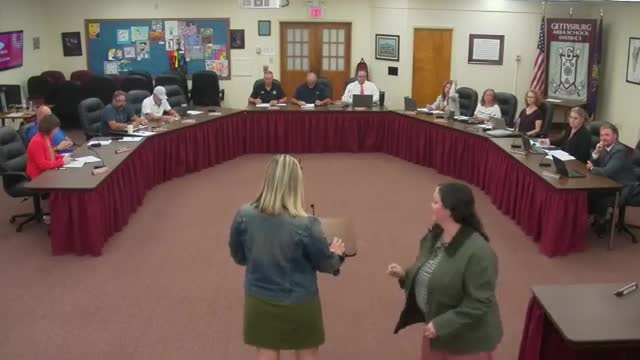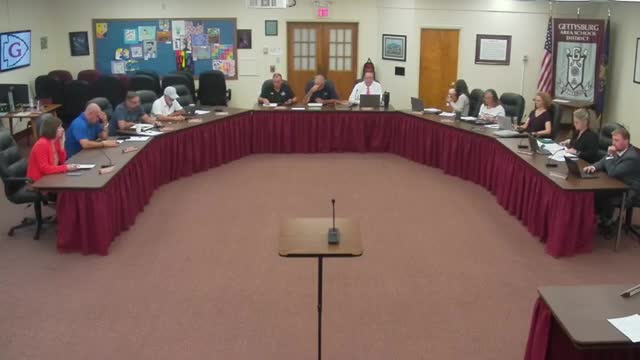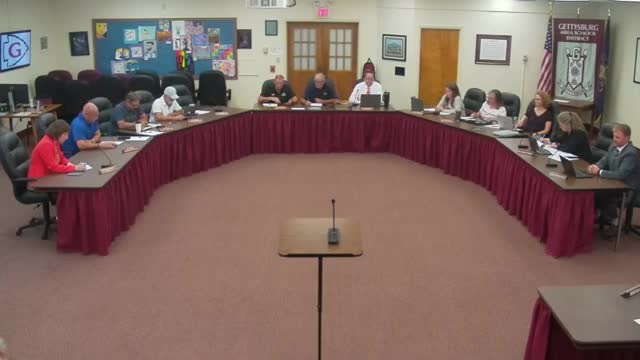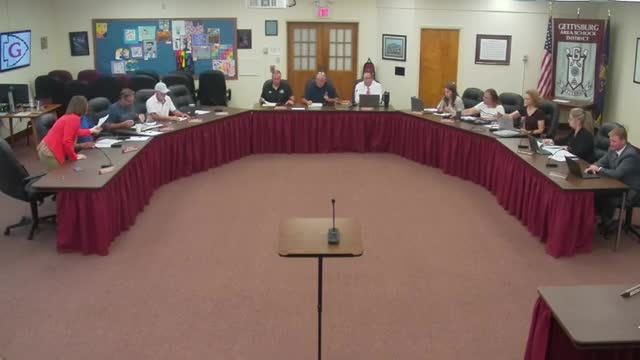Article not found
This article is no longer available. But don't worry—we've gathered other articles that discuss the same topic.

Middle school students showcase NJHS, service-learning, theatre and restoration projects

Board approves ACTI personnel budget amendment after staffing and stipend discussion

School board approves team-room and bleacher project amid bond-timing concerns

